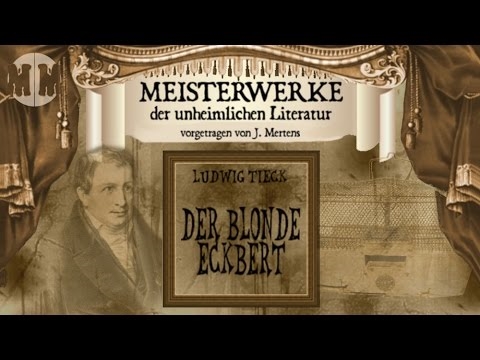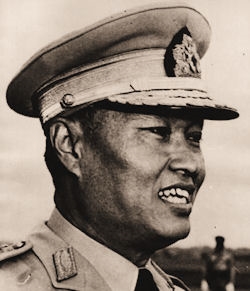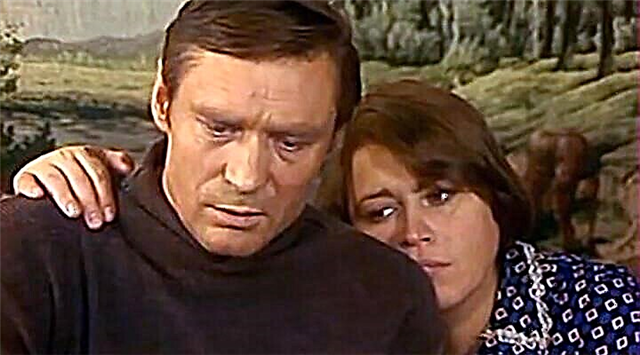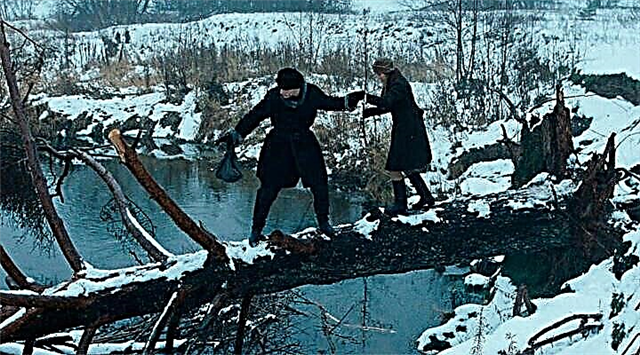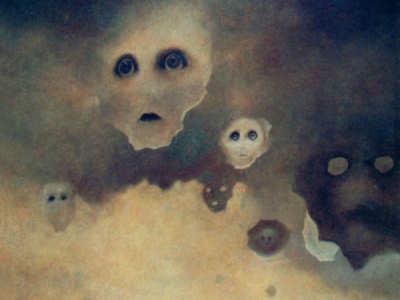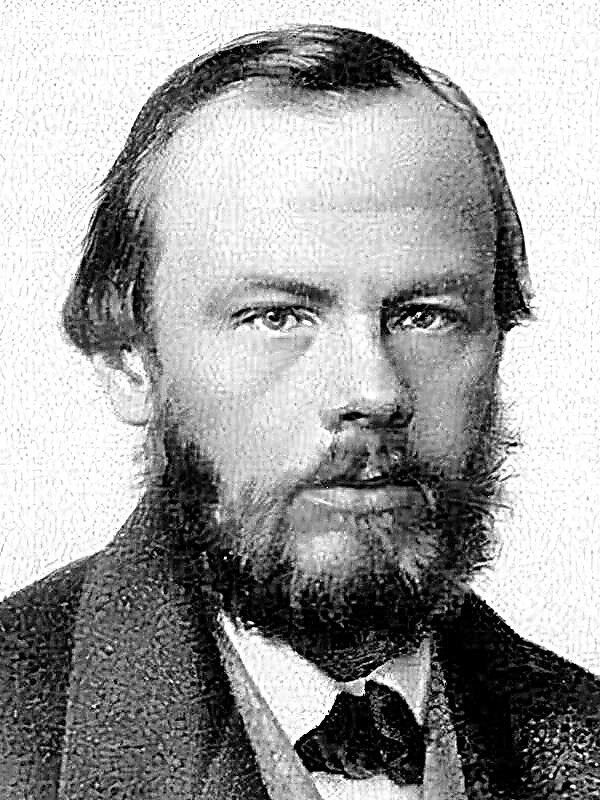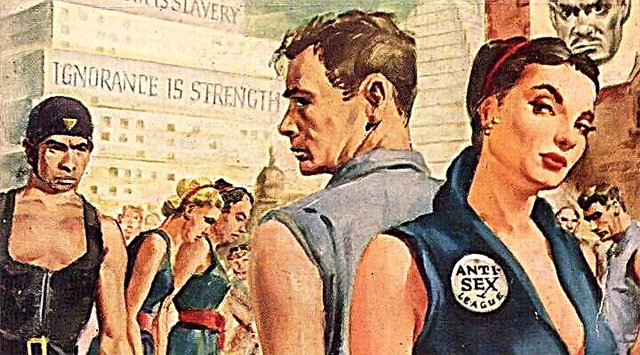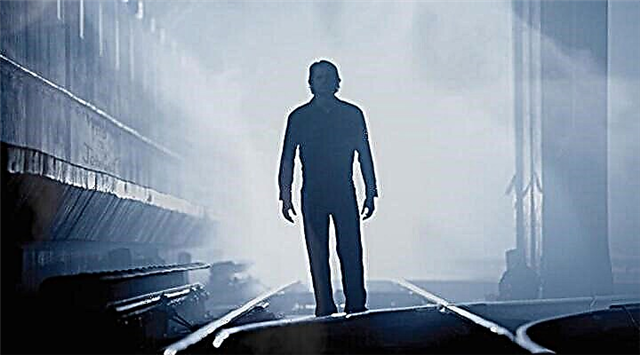The famous philosopher of his time, P. Ya. Chaadaev, played a special role in the life of A.S. Pushkin. The poet argued with this man and argued, but in one outburst was one: they both dreamed of a free and progressive Russia without the despotism of the autocracy. Therefore, the name of the rejected and unrecognized talent is immortalized in a message that Alexander Sergeyevich wrote in support of Peter Yakovlevich.
History of creation
A.S. Pushkin could not remain indifferent to the problems that existed in society after the European campaign of Alexander I, which he openly admitted after the December uprising. The revolutionary ideas were shared with the poet by his close friend, from the Lyceum years, friend P. Chaadaev, and a poem is dedicated to him.
It dates from the 1818th year, when Pushkin lived in the capital, did not yet know the punishment for free thoughts from the authorities. “To Chaadaev” is one of those works that provoked the first, southern exile of Pushkin in 1820. The author addressed not only this essay to his associate. In addition to “Love, Hope, Quiet Glory”, there are still poems “In a country where I forgot the worries of previous years ...” and “Why cold doubts? ..”.
Genre, size, direction
The genre of the work “To Chaadaev” is a message. It is characterized by direct addressing of the poem to a certain person, the presentation of certain ideas, recommendations or hopes. Until the 19th century, such a genre was called an epistle, from the Latin "letter," commission ".
“To Chaadaev” was written by a four-foot iambic. This verse size makes the verse easy and inspiring. So Pushkin gives a positive intonation to the work of dreams and hopes. These qualities are necessary for freedom-loving lyrics, to which the poet often addressed, especially in the early period of creativity. The revolutionary trend in Russian literature of the early 19th century was developed by many writers: Radishchev, Ryleyev, Bestuzhev, Glinka. All fellow writers fought for a common idea - the liberation of the country from the yoke of "autocracy".
Lermontov, Nekrasov, Yesenin, Blok became the successors of the social direction in the lyrics.
Composition
The composition “To Chaadaev” is three-part:
- The first part is limited to the initial quatrain, which is permeated with lyrical intonations, regrets about the outgoing youth.
- The second part brings the opposite mood into the poem. Here appears a certain aspiration of possible happiness: “We are waiting with the languor of hope // Minutes of the holy liberty.”
- The third part, from the words “while we burn with freedom”, is the culmination of the work. It is filled with appeal, it sounds the most intense and loud. The finale is in the nature of a manifesto that encourages heroic deeds.
The main characters and their characteristics
The lyrical hero of the poem turns to his friend with the intention of awakening in him a desire to fight for freedom. It can be assumed that the addressee is suppressed, loses its former enthusiasm, but his comrade does not succumb to despair. And it drives them, mainly, "homeland ... invocation."
This voice helps to maintain faith in the best, in this he sees his mission, duty. The poet offers the interlocutor to listen to this voice. The wrestler is well aware that they are both too young to give up. He believes that they should devote themselves to the good cause of liberation, in the hope that their names will remain in history.
Topics
- Patriotism. The theme of the work is based on it. The poem is imbued with the spirit of patriotism. The lyrical hero clearly sees all the problems that exist in the country. But this does not serve as a reason to abandon the homeland, on the contrary, the young man intends to devote his life to the transformation of his homeland, he believes in its bright future. The author hears the voice of a suffering country and longs to save it.
- friendship. The poet does not remain indifferent to the pessimistic mood of his comrade. He is trying to dispel his longing, meaningless existence. The lyrical hero in every possible way supports his friend, motivates to achieve new goals. The poet believes in the potential of his associate, and therefore devotes a message to him.
Problems
- Autocracy. The poet is aware of the disastrous situation in his country that has developed in connection with the tyrannical political regime. He feels the oppression of “fatal power” and longs for deliverance from it. But the hero understands that he alone can not cope, and calls for help from his faithful friend.
- Despair. The author experienced the effects of youthful illusions, he already knows what disappointment can be if you are deceived by dreams. He writes about this in the first part. Obviously, the addressee also experiences such feelings. But Pushkin managed to overcome the spleen, now he wants to heal from him and his friend. These are the problematic questions of the poem "To Chaadaev."
Meaning
Confrontation is never simple, the path leading to a cherished goal can be thorny. The enemy can be both external - autocracy - and internal - disappointment. Pushkin reminds of all this to Chaadaev.
Pushkin's idea is that you need to fight to the end, showing perseverance, courage and courage. You can’t lull your strength with longing, you can’t give up your dreams at the slightest disappointment. To give freedom to the motherland is true happiness for a young, impulsive person.
Means of Expression
In order to make his message inspiring and convincing, Pushkin uses many different means of expression.
In the poem there are incentive sentences with exclamatory intonation. It is interesting that the poet uses the verbs of the future tense in them (“dedicate”, “write”). Unlike the imperative mood, such forms of verbs do not have an imperative character. So Pushkin unobtrusively motivates his addressee.
The author does not do without epithets (“quiet glory”, “captivating happiness”, “impatient soul”). Widely used in the text of the inversion: “Souls are beautiful impulses!”, “Fatherland heed invocation.”
To achieve the most successful impact on his reader, Pushkin turns to comparative turnovers. The most striking of the presented in the text is a comparison of the aspirations of freedom with the expectation of a date. Both the author and his friend at that time were young people, with their characteristic heart impulses, and such a comparison is very relevant for them.
At the compositional level, one can observe the antithesis, so the first and second parts relate to each other.
Criticism
The influential writer of the Pushkin era Belinsky attributed “To Chaadaev” to that verse that instills patriotism, which also helps to educate a person in the reader.
Friends, the Decembrists warmly accepted this poem, they saw in it the proclamation of their ideas, moreover, not without admiration for the skill and talent of Pushkin himself.
In the twentieth century, S. L. Frank, in his article “Bright Sorrow,” emphasizes the duality of Pushkin’s thinking: impulsiveness and pacification, fun and torment. The critic considers the message “To Chaadaev” to be one of those poems that illustrate this feature.

